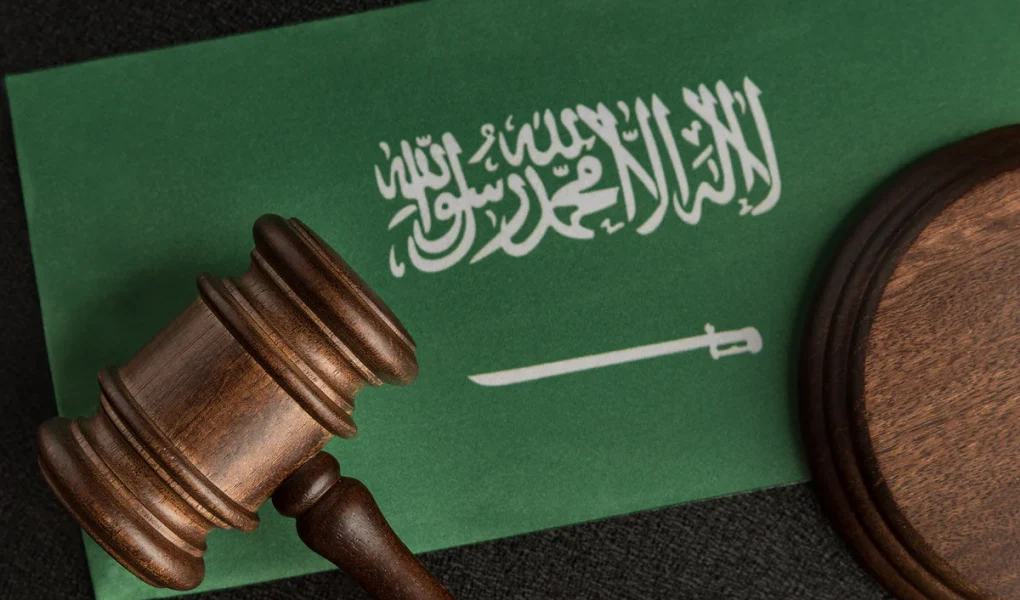lettersforvivian.org – The legal system of Saudi Arabia has its roots deeply embedded in Islamic Shariah law, which has served as the cornerstone of governance and social order since the establishment of the Kingdom in 1932. Shariah, derived from the Qur’an and the Hadith, encompasses a comprehensive set of rules and principles that guide all aspects of life, from personal conduct to commercial transactions and criminal justice.
The Traditional Legal Framework
Historically, the Saudi legal system was characterized by the direct application of Shariah through a network of religious courts presided over by judges, known as qadis, who were well-versed in Islamic jurisprudence. These courts handled a wide range of cases, from family law and inheritance to criminal offenses, relying on the interpretations of Shariah by the ulema (religious scholars).
Modernization and Legal Reform
In recent decades, Saudi Arabia has embarked on a path of legal modernization, seeking to harmonize its traditional Shariah-based system with contemporary legal practices. This evolution has been driven by several factors, including the need for a more efficient and predictable legal framework to support economic development, the desire to enhance the rule of law, and the imperative to address the changing social dynamics within the Kingdom.
1. Establishment of Specialized Courts
One of the significant developments in the Saudi legal system has been the establishment of specialized courts. Recognizing the limitations of the traditional court system in handling complex modern cases, the Kingdom has introduced commercial, labor, and administrative courts. These courts are equipped with judges who possess specialized knowledge in their respective fields, ensuring a more informed and efficient adjudication process.
2. Adoption of New Legal Codes
Saudi Arabia has also begun to adopt new legal codes that complement Shariah law. These codes, such as the Criminal Procedure Law and the Commercial Court Law, provide clear and detailed procedures and principles, enhancing the predictability and transparency of the legal system. By codifying certain aspects of the law, the Kingdom aims to reduce ambiguity and ensure a more consistent application of legal standards.
3. The Role of the Supreme Court
The establishment of the Supreme Court in Saudi Arabia has been another pivotal development. As the highest judicial authority, the Supreme Court is responsible for reviewing judgments and ensuring their conformity with Shariah principles and legal regulations. This has contributed to a more unified and coherent legal system, reducing disparities in judicial decisions across the Kingdom.
4. Enhancement of Women’s Rights
Legal reforms have also focused on expanding women’s rights within the legal system. Women now have greater participation in the judicial process, with opportunities to serve as lawyers and judges. Additionally, reforms have granted women more control over their personal affairs, reducing the previous reliance on male guardianship for legal decisions.
5. Digital Transformation
The Saudi legal system has embraced digital transformation, introducing online platforms for case management and court proceedings. This has not only improved access to justice but also streamlined the judicial process, making it more efficient and accessible to the public.
Challenges and Future Directions
Despite these modern developments, the Saudi legal system faces ongoing challenges. These include the need for continued legal education and training to ensure that legal professionals are adept at navigating the evolving legal landscape. There is also an ongoing debate about the balance between maintaining the Islamic foundation of the legal system and adopting international legal standards.
As Saudi Arabia continues to modernize, it is expected that the legal system will undergo further reforms to enhance its efficiency, transparency, and alignment with international norms, while preserving its Islamic character.
In conclusion, the evolution of Saudi Arabia’s legal system from a traditional Shariah-based framework to a more modern and diversified legal infrastructure reflects the Kingdom’s commitment to adapting to the changing needs of society while upholding its religious and cultural values. This journey of legal reform is a testament to the dynamic nature of Islamic law and its capacity to evolve in harmony with contemporary legal practices.




